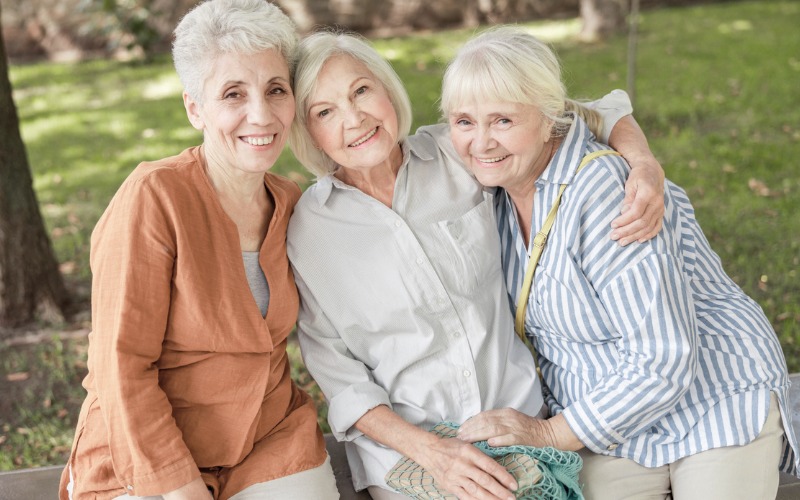According to the Surgeon General’s report, we can do a dozen things as individuals to reduce our social isolation and loneliness.
The first and most important thing is recognizing social connection and then investing time in creating and nurturing relationships.
Focusing during conversations, participating in social and community groups, and actively engaging with people can help people feel connected and together. It’s essential to seek opportunities and ways to help others because that fosters a connection beyond ourselves. Of course, understanding what connection means to you ensures that you are helpfully connecting with others.
The report notes that excessive social media use, lots of time in front of screens, and unhealthy relationships can lead to feelings of disconnection. When possible, people should try to reduce these activities.
Finally, seek help and talk to your healthcare provider about social changes. Healthcare providers can provide recommendations and see warning signs for other health problems if you’re open with them about your feelings. There is also the new 988 crisis line that is available 24/7.
The report also notes six pillars for a national strategy, including improving social infrastructure, like libraries and parks, and enacting policies in the government for paid family leave and accessible public transit, among other things. The Surgeon General recommends utilizing the health sector to address medical needs and cultivating research into the issue.
Digital environments—including social media, which is already under siege by lawmakers for targeting children—need to be checked, and an overall culture of connection needs to be established in the U.S.
Most of all, Murtha recommends reaching out to people and checking in. Working together and promoting community, connection, and awareness can help Americans tackle the loneliness and isolation epidemic.



